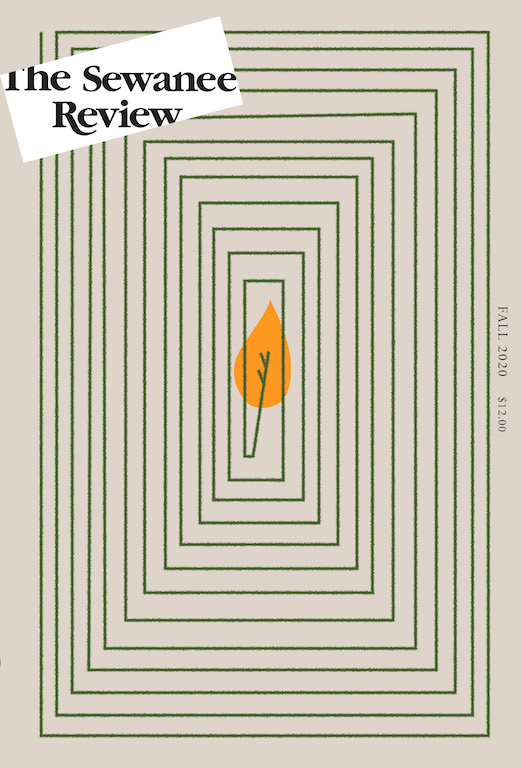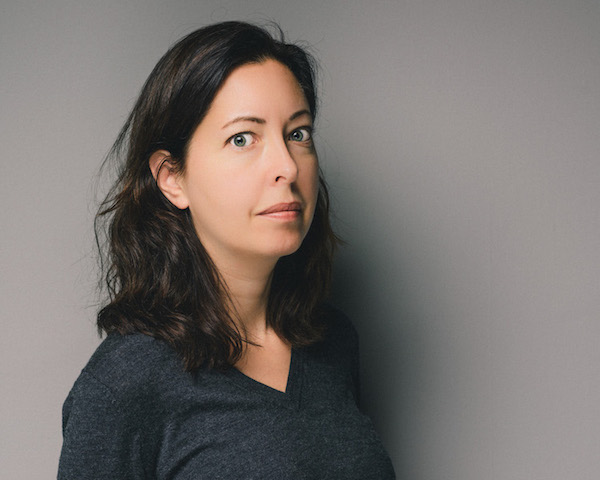I knew a man once whose grandfathers were preachersand whose sister was a beauty queen.He lives in Nebraska, and because of himI’ve stayed out of Nebraska for sixteen years.I thought the feeling might be there, and if I found it again—what marrows were sacrificed to it,as one offers the innermost parts to the gods!And what more would we have burned.Then I saw him in Georgia, at a conference for writers.We even touched—a forearm on a shoulder,a wrist across a back, like skeletons embracing.The feeling wasn’t in my body.Nor was it in his body or in the space between us.I was surprised, for I’d thought it might be,and I’d thought maybe I wanted it back.It was just that I’d never seen anything like it,what it made him do to his wife.(It had been the first time for us both.)Last night, I dreamt it was the last day of my life,and I was allowed one favor.When I asked it, the wife, that dark angel of generosity, said Yes.I was so grateful, I didn’t touch him.I just lay there in the ecstasy of what was about to happen.In the morning he placed his arm across me very slowlyand I knew, finally, that what had lasted in memory wasn’t him,or what our bodies did, or what they would have done.It was a firstness that I thought I’d never find again—the firstness of it,which in the dream comes just before the firstness of death.
Poem for a Man I Thought I’d Never See Again
Feature Date
- December 9, 2020
Series
Selected By
Share This Poem
Print This Poem
Copyright © 2020 by Sarah Manguso
All rights reserved.
Reproduced by Poetry Daily with permission.

Fall 2020
Sewanee, Tennessee
University of the South
Editor
Adam Ross
Managing Editor & Poetry Editor
Eric Smith
Assistant Editors
Hellen Wainaina
Jennie Vite
Founded in 1892 by the teacher and critic William Peterfield Trent, the Sewanee Review is the longest-running literary quarterly in America. The SR has published many of the twentieth century’s great writers, including T. S. Eliot, William Faulkner, Eudora Welty, Wallace Stevens, Saul Bellow, Katherine Anne Porter, Marianne Moore, Seamus Heaney, Hannah Arendt, and Ezra Pound. The Review has a long tradition of cultivating emerging talent, from excerpts of Cormac McCarthy and Flannery O’Connor’s first novels to the early poetry of Robert Penn Warren, Sylvia Plath, Robert Lowell, and Christian Wiman. “Whatever the new literature turns out to be,” wrote editor Allen Tate in 1944, “ it will be the privilege of the Sewanee Review to print its share of it, to comment on it, and to try to understand it.” The mission remains unchanged.
Poetry Daily Depends on You
With your support, we make reading the best contemporary poetry a treasured daily experience. Consider a contribution today.




